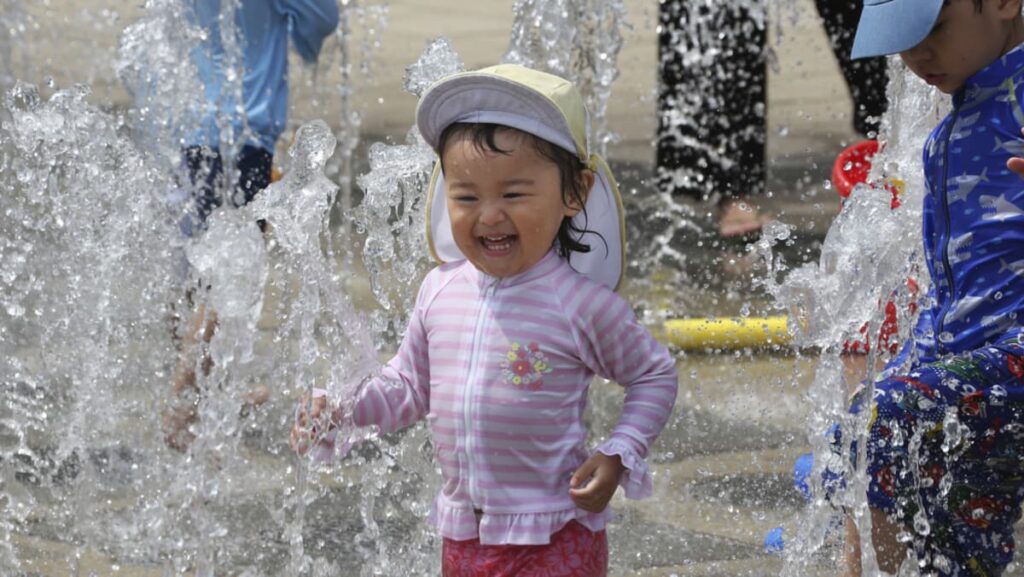According to the government, the revisions to the act are designed to make digitalisation of administrative procedures more straightforward by standardising the pronunciation of kanji characters. The new law states that the way a character is pronounced must be “generally accepted as a reading”.
With the publication of a list of acceptable readings, local authorities will have the power to refuse to accept a name – particularly if it has a reading that can be considered “antisocial” or could have “a negative impact on a child’s future”.
This clause is almost certainly the consequence of an infamous incident in 1994 when Shigeru Sato and his wife, Ayako, registered their firstborn son with the city authorities in Tokyo’s Akishima district as “Akuma”. The name translates as “Devil”, with Sato telling reporters he chose it because “there will only be one Japanese with this name. If you hear it once, you’ll never forget it. It’s the best possible name”.
The city initially accepted the name, but senior officials later changed their minds out of concern that the child would subsequently be bullied, claiming the parents had “abused the right to name a child”.
The case went to court and the family subsequently agreed to alter the boy’s name – although Sato insisted that he planned to name any future son “Teio”, meaning emperor, but that he would choose “an ordinary, cute name” for a daughter.
A long-term study of trends in baby names published in 2022 determined that the prevalence of “unique names” for babies has increased sharply in the last 40 years.
Written by Yuji Ogihara, an assistant professor at Tokyo University of Science, the study was published in the academic journal “Current Research in Ecological and Social Psychology” and concluded that the preference for unusual names “suggests a rise in uniqueness-seeking and individualism”.
This article was first published on SCMP.
Read the full article here
